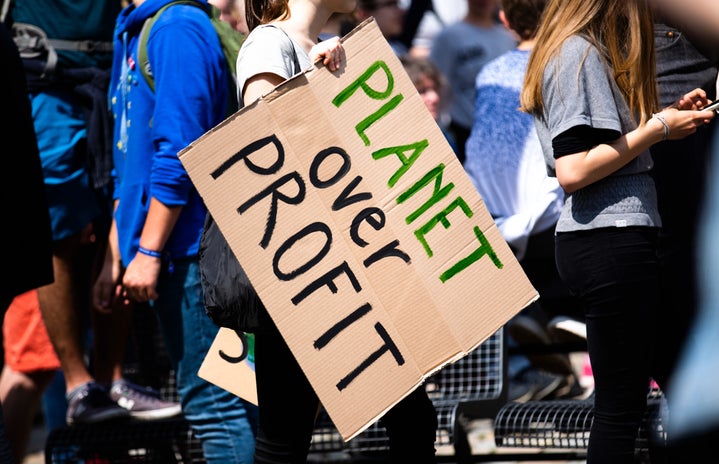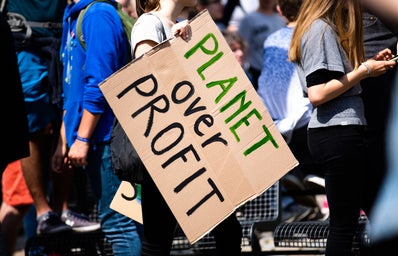It’s difficult to grasp the idea that climate change can affect so many parts of your life and the world. Some people may believe climate change is a hoax, while others understand the severity of our situation. Our planet has begun to undergo immense challenges when it comes to increasing weather changes. Tampa, my current home, has been facing the detrimental consequences of climate change through intense hurricanes this hurricane season. First with Hurricane Helene, and then with Hurricane Milton about a week after. If not for climate change, the intensity of Hurricane Milton would not have occurred.
To understand how Hurricane Milton was a consequence of climate change, it is important to know how hurricanes form. The National Ocean Service reveals that hurricanes start off as tropical waves that turn into a storm. Once warm waters begin to rise into a storm that is forming, low pressure pockets start to form underneath the premature storm. With time, colder air begins to rush into the storm which creates clouds and thunderstorms. These clouds then condense and release heat that fuels the storm even more. Once the wind speeds reach 74 mph, it’s considered a hurricane. To form a hurricane, there must be warm waters, which are a direct side effect of climate change.
According to the World Weather Attribution’s study on Hurricane Milton, it’s suggested that the events that occurred during Hurricane Milton are more intense and about twice as likely to happen in our current climate. This is due to ocean waters being 1.3°C warmer than it was without human-induced climate change. The study also found that climate change was responsible for a 40% increase in the number of storm intensity, along with winds being 10% stronger than they would be without climate change. This shows that Hurricane Milton’s devastating damage to Tampa is correlated to climate change caused by humans.
Humans have been contributing to climate change through overconsumption and the excessive burning of fossil fuels. Burning fossil fuels cause the release of CO2 into our atmosphere, which traps heat in our atmosphere; otherwise known as greenhouse gasses. NASA revealed that the amount of CO2 in our atmosphere has increased by 50% since the start of the Industrial Revolution. This explains how humans have increased heat in our atmosphere that caused the warming of ocean temperatures, which directly relates to hurricane formation.
If these past two hurricanes and the disastrous conditions that were left in the aftermath are not our planet warning us to change, then I don’t know what is. My city has been flooded and trashed, homes have been destroyed, and many have been injured by the intense weather changes that our planet is going through. What this has shown me and the rest of the world is how fast things are truly changing. Hurricane Milton should be a wake up call and an eye-opener for everyone, especially us Floridians. Things must change for the better.



